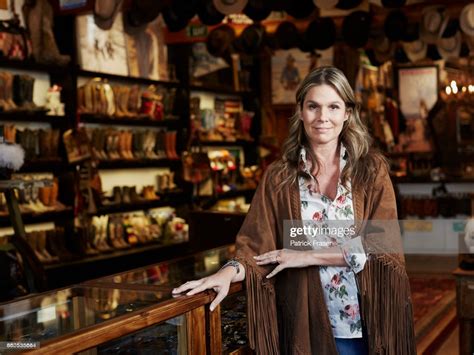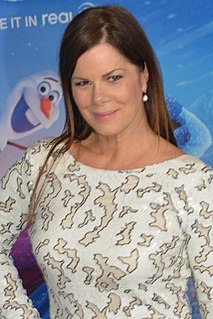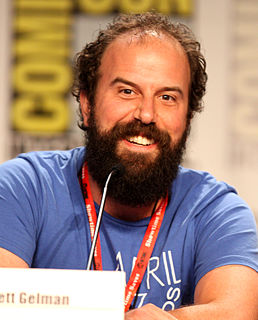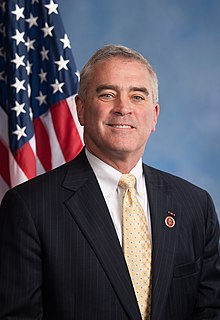A Quote by Joe Swanberg
During improvisations, I'll hear people bringing back up details from something I heard about at breakfast or something somebody was saying that they were thinking about, and it informs a rewriting of a scene.
Related Quotes
When I'm rapping, like, a turn up song, I'm thinking about what the people want to hear; this is what they're going to like. When I'm singing, I'm, like, telling my story. I'm not worried if people like it; I'm just trying to be truthful, you know what I'm saying? I'm just talking about something that happened to me.
I think there was something that made us not pay attention to climate change. Something that was up there. There was a saying when we were trying to pay attention to the environment that people used this phrase NIMBY - not in my back yard. People were saying, ‘I don’t care, it is not in my back yard.’ But now it’s in everyone’s back yard.
I realize now that people are not thinking about you and me or caring what is said about us. They are thinking about themselves-before breakfast, after breakfast, and right on until ten minutes past midnight. They would be a thousand times more concerned about a slight headache of their own than they would about the news of your death or mine.
I knew that there was an aspect to this story that was beyond the typical and that it was something very important about America, about our culture, and about bringing a story to a new generation that perhaps didn't know the details of it, (and) hadn't had the visceral experience that this film is [42].
...what's always exciting is when you hear something amazing when you least expected it. Every now and then I'll hear something for the first time that forces me to re-examine my frames of reference, and re-consider musical parameters in general, and that's wonderful . And what's even more wonderful in a way, is when you hear something that you know, and already think you have an opinion about, and then suddenly discover that it isn't what you thought it was, but something quite different, which makes it just as surprising as if you'd never heard it before. That's REALLY great!
What gets me back to church, I think, is thinking maybe this time that question "Is it true?" will be answered, not just in terms of somebody saying, "Yes, it's true," but something will happen in a sermon or maybe shuffling up to the Eucharist, or in the old lady who's sitting beside me with a Bible - maybe something will happen which will show me that it's true. So I go back thinking, maybe this time I'll be lucky.
A wave of blood goes up to my head, my stomach shrinks together, as if something dangerous has just missed hitting me. It's as if I've been caught stealing, or telling a lie; or as if I've heard other people talking about me, saying bad things about me, behind my back. There's the same flush of shame, of guilt and terror, and of cold disgust with myself. But I don't know where these feelings have come from, what I've done.
Sometimes people that are very good at improvisation in life, meaning like stage improvisation, aren't good in films because you have to ultimately take a scene where it needs to go. It's not about just saying something that's funny. You can say something funny but if it's not on story or driving the scene to its end it's really not very helpful at all.




































